At a dinner party last week, I decided to do something I hadn’t done at a dinner party in a long time. To a passive onlooker - or even an active participant - this action would have been hard to detect. But an observant partygoer may have been able to detect the slightest lapse in conversational flow. A knot in an otherwise smooth string of thread.
I decided to give an impassioned dissenting opinion. It was brief - I didn’t go on a tirade, but I made it quite clear that I didn’t fully agree with what the people sitting around me were discussing. I felt a kind of adrenaline rush in my chest that I hadn’t felt since AP Language Arts, when I kept raising my hand repeatedly after my teacher told me to give other people a turn to speak. Back then, I was eager to argue, to shut down the few conservatives in my high school class with my tightly bound web of rhetoric. I would unspool my argumentative yarn with deftness and precision. Feeling the words flow out of me in front of my class, seeing my teacher nod his head with satisfaction, it was like a shot of epinephrine. I could have fought a grizzly bear.
As soon as I began drafting up my own moral contracts - distinguishing the “rights” from the “wrongs” - I developed an addiction to arguing. There is nothing more intoxicating to a highly academic teenager than flexing their knowledge. Sometimes my means had compassionate ends - like informing an ignorant interlocutor on why his perspective was partial and offensive. Other times, I argued for competitive sport, every win a notch in my belt, fueling my budding intellectual ego.
But mature adults learn to put their egos aside. “Winning” the argument becomes less important than keeping the peace. It’s not that I no longer speak my mind, so much as I choose my battles wisely. In some venues - a Thanksgiving table, a work happy hour, a party with acquaintances - the wisest thing to do is bite your tongue.
But for some reason, I felt compelled to be a little antagonistic. The conversational topic was something fairly banal anyway: Sydney Sweeney’s recent collaboration with Dr. Squatch. Earlier that day, Sweeney had made an Instagram post announcing a limited batch of Dr. Squatch men’s bar soaps containing droplets of her bathwater. The promotional photo features the actress in a bubble bath, holding the soap and puckering her lips, her eyes glancing off camera. The packaging on the soap reads: “Radiant, playful, and tempting..Smell like morning wood.”
“It’s so weird of her,” the people near me at the table kept saying. Lately, I’ve noticed “weird” being used as a flattened stand-in for all kinds of adjectives. It’s an innocuous synonym, used to glaze over nuance or camouflage political alignment, especially favored by “apolitical” straight men. If something’s “weird,” it can be genuinely strange, or it can be abhorrent. Immoral. Notice the straight men at the dinner table the next time Elon Musk’s politics or Kanye West’s anti-semitism are brought up. I don’t know, man, it’s so weird of him.
Only, it’s not weird. We know exactly what it is, but we just don’t want to say it. “Yeah, it’s weird that she’s pandering to this male fantasy of her. I don’t like it, it’s disappointing,” I said, punching up the empty word. “I think she should get a new manager,” I added playfully. There was a beat of awkward silence, eyes darting between one another, as if I had just announced I had a live bomb on me. A brief chuckle, another “Yeah, so weird” out of the fidgety straight man, and then onto the next subject.
Saying the obvious “right thing,” the thing that was probably on most people’s minds, felt annoying, excessive, and a bit fluffy. Like I was Hilary Duff in her 2008 anti-homophobia PSA. Only I feel like the “right thing” isn’t so obvious anymore, particularly in matters relating to women and their sexuality. Morgan, writer of the newsletter Sincerely, Morgan, wrote a great analysis of the Sydney Sweeney soap debacle, drawing parallels between the brand collaboration and the careers of OnlyFans creators Bonnie Blue and Bhad Bhabie. Internet sensation Bhad Bhabie - aka Danielle Bregoli - famously signed up for OnlyFans shortly after turning eighteen and earned over a million dollars in her first six hours on the platform. Bregoli has said publicly that people who joined her OnlyFans as soon as she turned eighteen “should be in jail.” In 2022, she earned $50 million.
It’s one thing to “embrace” and perform your sexuality publicly on your own terms. It’s another to indulge an audience of incels and incel-adjacent men for profit because they’re going to sexualize you anyway. The latter is a shoulder-shrug, a perspective that says, with a bit of exhaustion, “Might as well!” It’s a spinning of the wheels - advancing no one forward, except the woman making herself the subject/object. As I’ve written about previously, many media-illiterate members of Gen Z struggle to distinguish sex and sexuality from objectification, collapsing all mentions of “sex” into the same ill-defined bucket. On the other end of the “puriteen” coin lies another small crop of chronically online young people. A group that is cool in their indifference, that revere Dime Square dwellers, maybe listen to Red Scare on occasion, and remain put off by overly sincere sentiments. Post-ironics live a hop-skip-and-a-jump away from internet activists.
“Girl boss” feminism took hold in the United States during Obama’s second term, beginning in 2012. A year later, Sheryl Sandberg published Lean In, and the She-EO identity became venerated. That same year, Black Lives Matter officially formed, following Trayvon Martin’s murder. It became cool to signal your political-cultural consciousness online in the 2010s among liberals and progressives alike, whether it was posting an ALS ice bucket challenge, sharing pictures from Pride, or attending a climate march. My suburban Seattle high school class staged several walkouts in support of BLM and March For Our Lives, and participation was unanimous. Half of the class always remained seated during the daily Pledge of Allegiance.
Virtue signaling continued to ramp up during the 2016 election, as did Instagram infographic culture. I remember checking social media the morning after the presidential election and being able to easily sort out the “good” guys from the “bad” based on what people were sharing or not sharing. Instagram stories had just launched, allowing a new avenue for people to espouse their views, though we wouldn’t be able to repost feed posts on our stories until two years later.
But internet activism reached its two-fold climax in 2020, beginning with the COVID-19 lockdown and ramping up after police officers murdered George Floyd. In the spring, COVID became a politicized topic on Instagram. It became easy to infer the politics of people posting maskless public photos at that time. Infographics were reposted one after the other to prove you were on the right side of history. A few months later, in the summer, the liberal desire to appear politically conscious only increased after Floyd’s murder, especially among white people. Reading a book by a Black author, watching a movie by a Black filmmaker, and, importantly, posting that you were doing it became an easy, COVID-friendly balm to white American guilt. Look at me, I’m doing the work, I’m one of the good guys.
As Rayne Fisher-Quann recently wrote, being a “poser” is often a gateway to becoming the real thing. We often become interested in doing something because we want to appear as a person who does that thing. The desire to appear as a “literary it girl” can bloom into the actual act of reading work from writers like Didion and Babitz, which can be a gateway to reading more stimulating literature. The desire to appear and sound intellectual can lead to the actual state of being intellectual. You perform the acts of an intelligent person until you’re doing them, more or less, “on your own volition.”
2020 certainly incited a political reckoning among Americans. And that reckoning moved off the internet in many cases, inspiring people to organize off-screen. But for others, “activism” remained a matter of online signaling. Of consuming the “correct” kind of media, and only fraternizing with people who were avid posters of the same kind of media. Advocacy remained symbolic. Real activists took issue with the internet activists, whose consciousness-raising didn’t lead to anything material, beyond a graphic made on Canva.
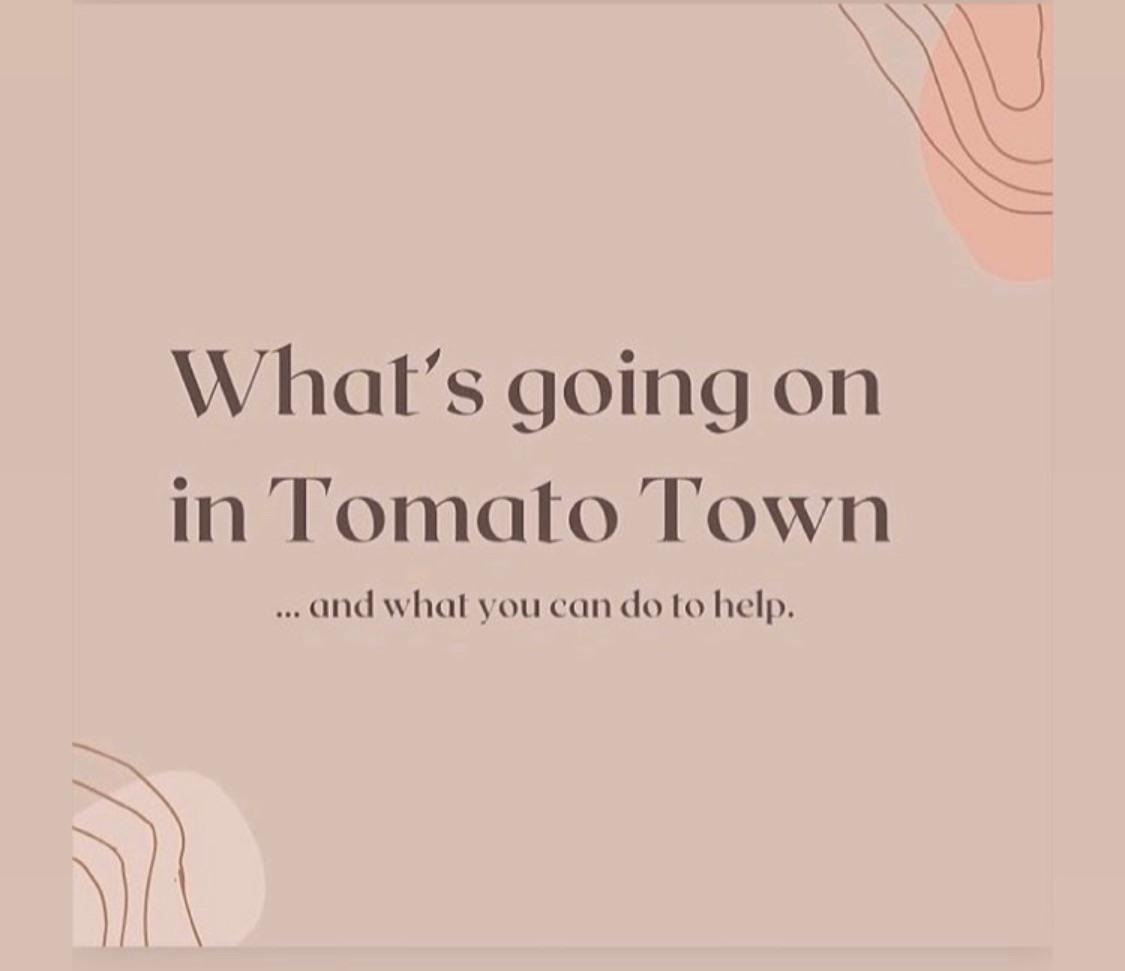
On the crest of the Biden administration, young progressives online became their most ironic yet. The image of a “bleeding heart liberal,” whom I often imagine as a millennial or middle-aged white lady, wringing her hands, earnestly upholding that Hilary could have changed the country’s tide, became a punching bag for conservatives and progressives alike. Young progressives made and shared deep-fried parodies of liberal media fervently. The scrutinizing view of electoral politics, once held by progressives, melted into apathy; I know some who withdrew from voting altogether. The online bubble of political signaling expanded and expanded until it finally burst.
I understand the point of view of this small ironic sect of the internet. Disappointment in your country breeds a kind of callousness, zaps away sincerity as a means of self-protection. Sarcasm is a satisfying salve. I would never think to blame the post-ironics for the election results. But they may exist because of those results, in part. It’s a real chicken-or-the-egg sitch. Last November, briffin glue suggested that Donald Trump, who is a parody of the quintessential Conservative American President, was a natural progression for a post-ironic culture. He writes that our “need for parody has grown to such an extent that it has broken the most powerful federal government in the history of the world.” A razor-sharp foreshadowing of what is happening right now in June 2025, with Elon Musk and Trump sparring on Twitter (sorry, *X), one representing a caricature of the Every Nerd-boy genius turned billionaire, and the other embodying the campiness and malevolence of the most melodramatic of Disney villains. Evil CEOs ascending to their highest rank yet.
Conversely, in my personal life, the older I get, the more sincere I get. A couple of years ago, a close friend of a decade visited me in New York, and the two of us sobbed into our tiramisus, talking about how much we mean to one another. I try to express the same sentiments to my younger sisters, who are still in their late teens and earliest of twenties, and they roll their eyes at my tears. When you’re young, coolness is a weighty priority. And there’s nothing less cool than caring.
Caring, sincerity - they need some kind of rebrand. But it can’t be in the format of empty infographics or PSAs starring Hilary Duff. I thought Charli XCX had been onto something, collapsing irony and sincerity on Brat (2024). Perhaps it’ll take a few more years for the wheel to turn. Or perhaps there’s just some joke I’m not in on. Or one I’m too nervous to ask to be translated for me, out of fear of seeming uncool. All things that come up must come down, cycles must complete themselves. But still I worry, as my peers’ boots remain rooted in the irony camp. The snake eats and eats at its tail until there’s nothing left at all. Not even the brain.






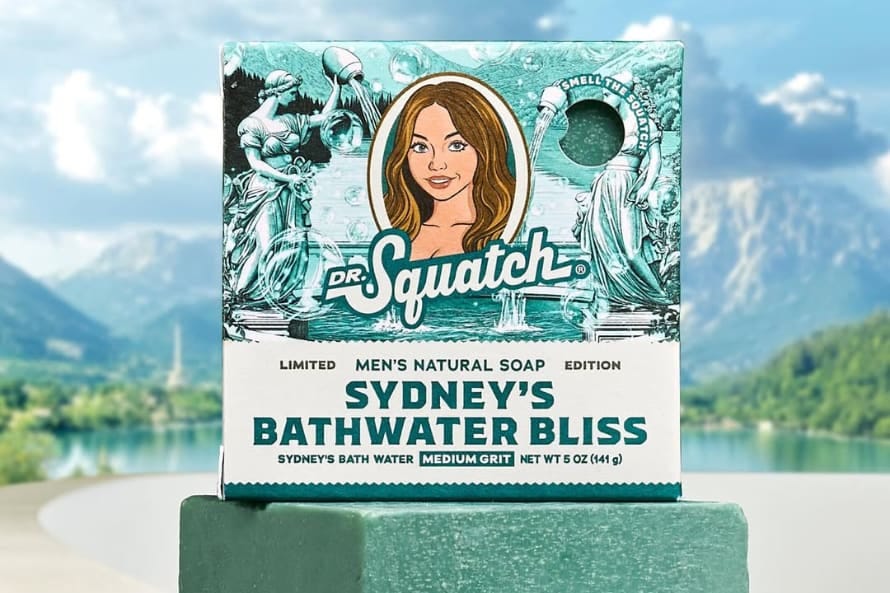

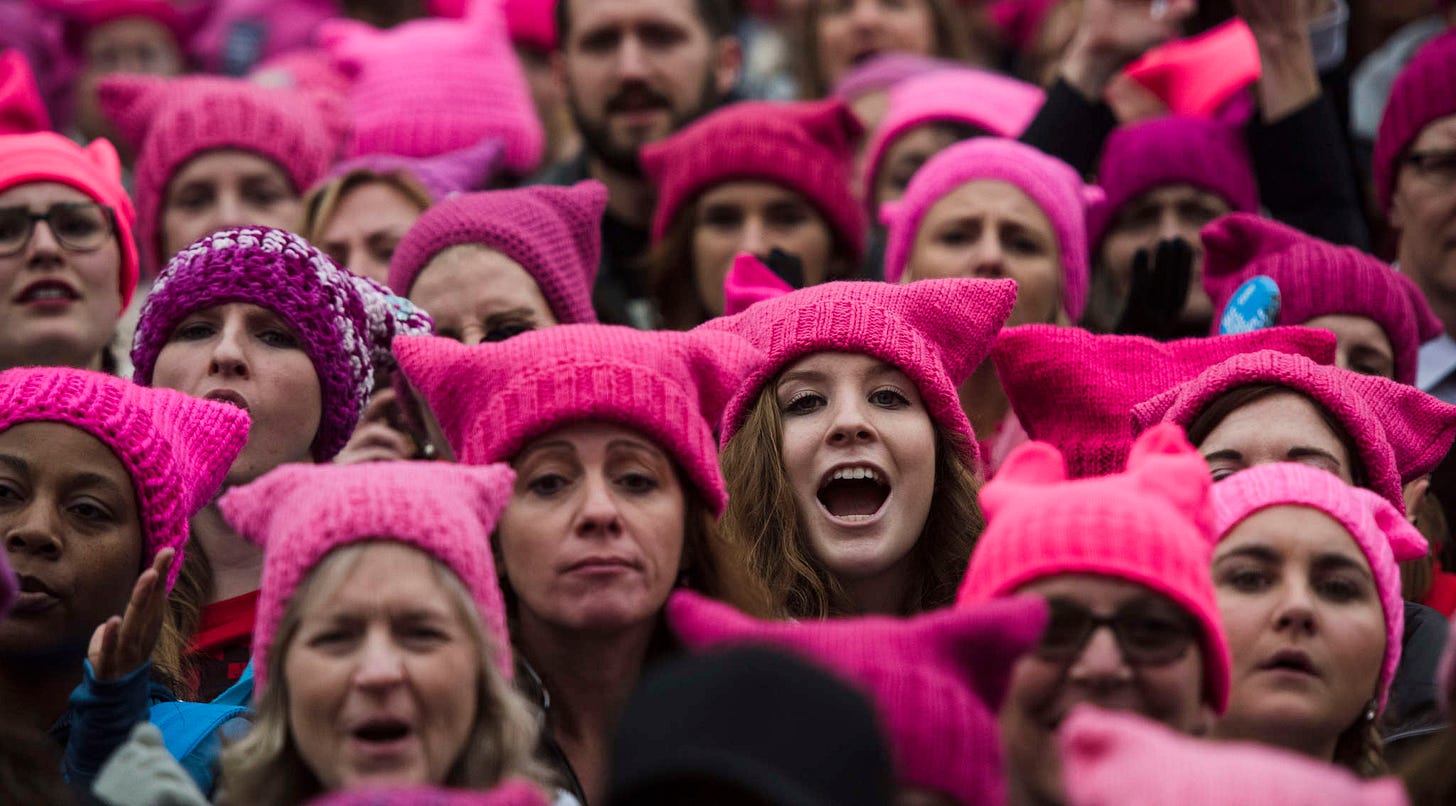
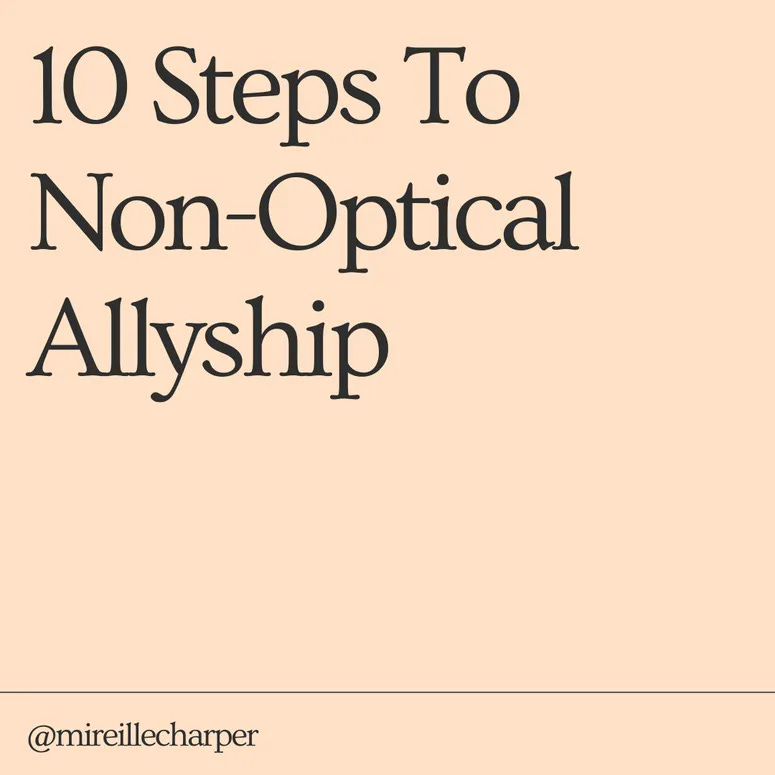

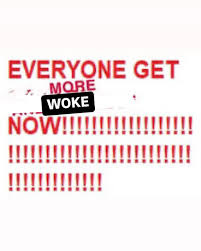
In the past few years, I’ve had to accept and reckon with the fact that a tendency to err on the side of sincerity and earnestness is not built for the current internet landscape. And that’s okay. It is, however, built for more genuine interactions out here on the grass-touching side of the world. I believe that sincerity, wearing your heart on your sleeve, and being the person bold enough to hit the nail on an opinion that’s only being shared in its most watered down version are all traits possessed by people who know their own minds (and therefore can find healthier ways to cope with the general state of everything). The pendulum will swing again and the masses who prefer to be told how to perceive the world will clamor around old rules made new again.
really enjoyed this post! and i wholeheartedly agree with you on sincerity being the price of appearing cool when younger. you put it into words way better than I've been able to!